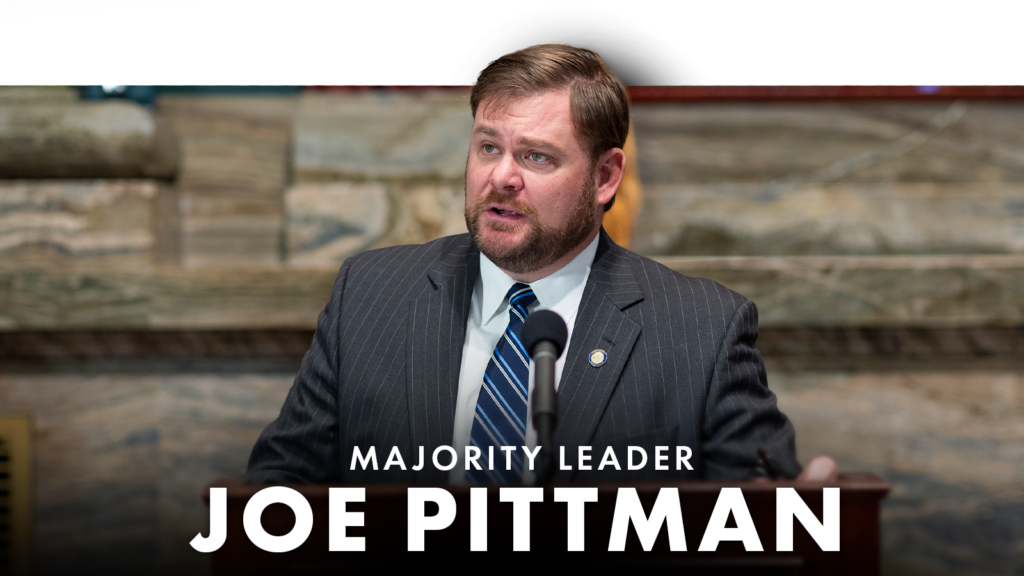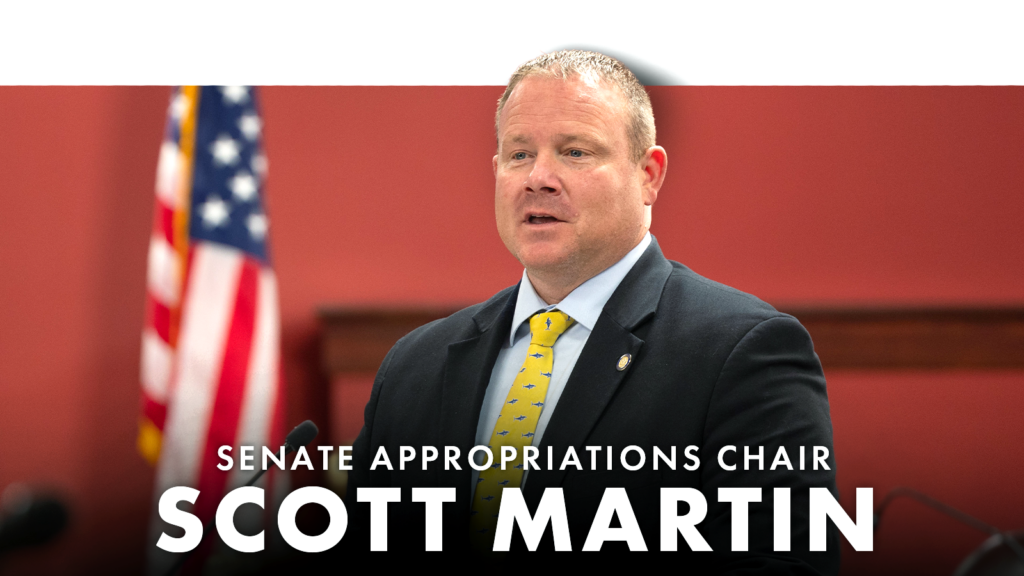Senate Finalizes 2023-24 State Budget
The Senate finalized the 2023-24 state budget in December by approving two major bipartisan budget implementation bills.
A large portion of the 2023-24 state budget was completed in August with enactment of the General Appropriations Act. However, several important components still required additional budget implementation language to be passed by both the Senate and House and signed by the governor.
House Bill 1300 (Fiscal Code amendments) and House Bill 301 (School Code amendments) make major investments in the future of Pennsylvania and achieve many of the principles and priorities identified by Senate Republicans.
House Bill 1300 includes several important and time-sensitive measures, including reauthorization of funding for county 911 systems, expansion of a tax credit helping parents seek and maintain employment and allocation of funding for an additional 100 Pennsylvania State Police troopers to help make our communities safer. House Bill 301 includes many provisions to expand education empowerment and access and increase school safety.

“Today the General Assembly took the necessary final steps to conclude this year’s state budget and moved several bipartisan bills to help Pennsylvanians. We were able to increase the child care tax credit and secure funding for community colleges while maintaining the fiscal solvency of the Commonwealth. We must all continue to work better together to ensure that Pennsylvanians have certainty to chart a prosperous path forward.”

“We are pleased to reach the conclusion of the 2023-24 state budget today and to complete this process while maintaining our fiscal stability. The work within this budget to ensure state government respects taxpayer dollars is a hallmark of the Senate Republican Caucus. Responsible investments in this budget will strengthen our hospital community, support EMS providers, increase public safety, and empower parents through the Educational Improvement Tax Credit program. With the historic transfer of $900 million made into the rainy-day fund, we are also well-prepared for the future.”

“Completing the final components of the state budget will ensure key funding is delivered to safeguard the health and safety of Pennsylvanians, while at the same time spending less money than was originally budgeted in June. This will support our long-term goals of righting Pennsylvania’s financial ship and building a better future for the next generation. I was thankful the Fiscal Code amendments include critical funding to combat avian influenza and its economic impact on farmers, which is a major concern in the communities I am proud to represent. It is also encouraging to see an increase in funding for EITC and OSTC programs to give even more students new educational opportunities that meet their individualized needs. This has been a major priority for Senate Republicans for decades, and I know this funding will make a difference for families throughout the Commonwealth.”
House Bill 1300, which was approved by a bipartisan 45-5 vote, includes several important and time-sensitive priorities, including:
- Reauthorization of funding for county 911 systems, as well as a fee increase from $1.65 to $1.95 to meet the expanding cost of services to counties.
- An expansion of the Pennsylvania Child and Dependent Care Enhancement Tax Credit Program, giving Pennsylvania parents the additional support they need to continue to seek and maintain employment.
- The creation of a joint local-state firearm task force in Allegheny County to get guns out of the hands of criminals.
- Funding for an additional 100 Pennsylvania State Police troopers to help make our communities safer.
- A state personal income tax exemption for contributions to Dependent Care Assistance and Flexible Saving Accounts, which are used to cover employment-related expenses.
- Allocation of $25 million in funding for costs related to the avian flu outbreak, in addition to $2 million for avian flu rapid response teams and $6 million to the PA Animal Diagnostic Laboratory System.
- Funding to ensure nursing homes that have high percentages of Medical Assistance residents receive incentive payments from the first day of residency.
- A $65 million transfer to the Service and Infrastructure Improvement Fund to help maintain current staffing and services offered to Unemployment Compensation claimants.
- Creation of a new Public School Facility Improvement Grant Program under the Commonwealth Financing Authority to support critical school infrastructure and facility improvements.
- An additional $20 million for county mental health programs.
House Bill 301, which was approved by a bipartisan 43-7 vote, includes many provisions to expand education empowerment and access, including:
- An additional $150 million for education tax credits to provide scholarships to students through the existing Education Improvement Tax Credit (EITC) and Opportunity Scholarship Tax Credit (OSTC) programs.
- $295 million for Ready-to-Learn Block Grants.
- Provisions to consolidate and streamline school safety and security programs and operations under the Pennsylvania Commission on Crime and Delinquency.
- $100 million for K-12 mental health programs for schools.
- More than $261 million for community colleges.
- More than $76 million in Special Education funding for Intermediate Units.
- $10 million to create a new Educator Pipeline Support Grant Program to provide grants to student teachers.
- $46.5 million in reimbursements to school entities that participate in the National School Lunch and School Breakfast programs.
- More than $70 million in state aid to public libraries.
- $12 million in funding for career and technical schools.
- $7 million to assist distressed schools.
Previous Budget News:
Senate Returns to Session to Send Budget Bill to Governor’s Desk
Senate President Pro Tempore Kim Ward Calls Senate Back to Finalize the General Appropriations Budget
Senate President Pro Tempore Kim Ward Provides Budget Update
Budget Response Letter Sent to House
Pittman Issues Statement on Budget Negotiations
Senate Approves State Budget That Holds the Line on Taxes, Funds Priorities
Senate Approves Critical Budget Implementation Bills



